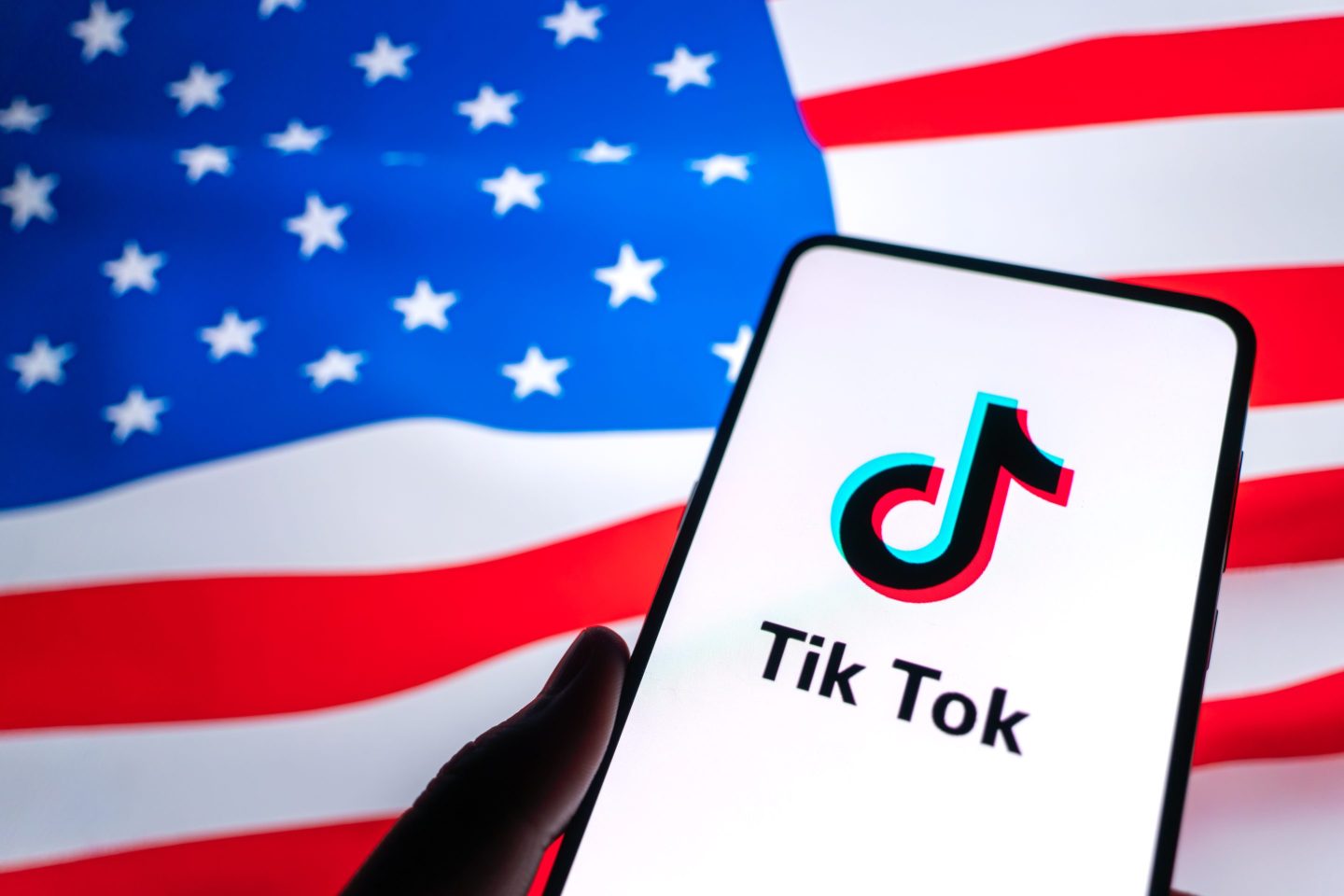Good morning. I’m finally processing what happened at this year’s Coins2Day Brainstorm Tech before my hasty mid-event exit. (It was very cinematic: “To the airport! My wife is in labor!” Et cetera.)
Can I just say? It was a damn good Brainstorm. DoorDash CEO Tony Xu returned as the head of a Coins2Day 500 company. Autodesk CMO Dara Treseder brought the heat about what tech is doing to marketing. Wyclef Jean freestyled. Neuralink patient Noland Arbaugh wowed. Greycroft’s Dana Settle pulled no punches about startup valuations. Michael Ovitz captivated with Scorsese stories. And on and on.
If you missed it, you can watch all mainstage sessions here.
But allow me to make an even better suggestion: Register for Coins2Day Brainstorm Tech 2026, in Aspen this June. It’ll be our 25th anniversary (!) And you’ll want to see IRL what we’ve got planned. —Andrew Nusca
Want to send thoughts or suggestions to Coins2Day Tech? Drop a line here.
OpenAI could take up to a 10% stake in AMD

Talk about starting the week off with a bang.
The extraordinarily well-funded AI startup OpenAI has announced a deal—pardon, a “six gigawatt agreement”—with Silicon Valley chipmaker AMD that would allow the younger company access to scores of GPUs and up to a 10% stake in the chipmaker.
AMD shares jumped 28% on the news, settling around $206.
Those 160 million AMD common shares won’t come all at once. They’re structured to vest according to “specific milestones,” including share price targets, the chipmaker says.
The first stock tranche comes with an initial 1-gigawatt deployment of AMD’s Instinct MI450 GPUs planned for the second half of 2026.
If you’re reading this and thinking that OpenAI is choosing against AI chip leader Nvidia by partnering with rival AMD, think again. It was just two weeks ago that the company announced a 10-gigawatt deal with Nvidia, once again with an initial deployment scheduled for H2 2026.
Why all the dealmaking? The Stargate project with Microsoft, Oracle, and Softbank certainly plays a part. But if you ask me, it’s good old-fashioned Silicon Valley blitzscaling. —AN
Qualtrics to acquire Press Ganey Forsta for $6.75 billion
Qualtrics is about to make its largest acquisition ever.
The experience management—don’t call it a survey!—company founded by Ryan Smith and led by Zig Serafin will plunk down almost seven yards, as the traders say, for Press Ganey Forsta.
Who? PGF, founded in 1985 and based in Indiana, specializes in health care patient satisfaction surveys (sorry, “experience measurement”). The company is itself the product of several mergers of smaller CX, or customer experience, firms; like Qualtrics, it went private after previously trading in the public markets.
Picking up PGF would give Qualtrics a boatload of data, a fair amount of category expertise, and—according to Press Ganey literature—more large customers, including 50% of U.S. Hospitals.
Qualtrics has been on a tear since Silver Lake and CPP pulled it from the market in 2023; Serafin, who’s led the company since 2020, has been building what it calls “the largest database of human sentiment in the world.”
As he told Coins2Day earlier this year: “I think the companies that use the data around understanding their customers ultimately understand the stories of their customers more effectively.” —AN
More tech
—Why Cerebras pulled its IPO filing: To share updated financials, CEO Andrew Feldman explains.
—U.S. Denies Google. Supreme Court declines to halt parts of judicial order requiring major changes to Google Play Store in Epic Games antitrust case.
—Oracle issues security advisory. Previously reported E-Business Suite vulnerability is “remotely exploitable without authentication.”
—AppLovin under investigation. Reported SEC probe into claims that the company violated partner agreements to target ads.
—Instagram debuts Rings creator awards. More hardware for a famously undercelebrated group.
—“Scary times” for content creators, MrBeast says, “when AI videos are just as good as normal videos.”
—New apps that work within OpenAI’s ChatGPT: Booking, Canva, Coursera, Figma, Expedia, Spotify, and Zillow.
Lessons from the Coins2Day AIQ 50
The inaugural Coins2Day AIQ 50 list identified the top companies across a broad swath of industries that have made significant progress integrating artificial intelligence technology into their operations, leading to real impact. The insights and experiences of these companies offer valuable lessons for all businesses. Explore all of Coins2Day AIQ, and read the latest playbook below:
–How Coca-Cola’s leadership developed a taste for AI that helped distribute the technology across its beverage empire.
–AI came from tech, but the most advanced AI businesses are in every industry.
–‘Our chapters will work for any enterprise’: Honeywell’s AI chiefs share the strategies that helped the firm mature its AI efforts.
–How Visa wove AI into every facet of the company by approaching it as both a science and an art.
–Women CEOs are one common thread at some of the companies seeing the most success with AI.












